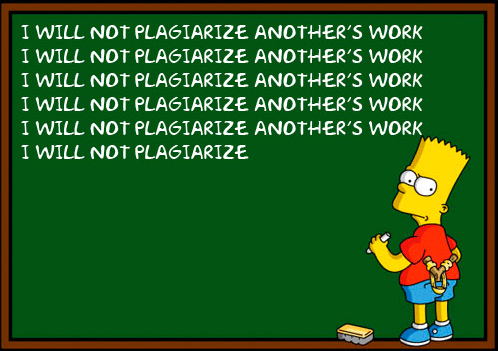
Update: Zondervan launched a careful investigation of O’Brien’s Colossians-Philemon commentary in the Word Biblical Commentary series. They found enough problems to with secondary source citations to warrant discontinuing the volume and “destroy the remaining inventory” (wow, that’s harsh).
It’s never good news to find out a resource you have used frequently is problematic, whether because of flawed methodology or something more serious, such as plagiarism. We found out this week that one of the best modern commentators, Peter T. O’Brien, has produced three of our favorite Evangelical commentaries with plagiarism interspersed throughout.
According to Eerdmans, his commentary on Hebrews (PNTC) is the most problematic, while his Philippians (NIGTC) and Ephesians (PNTC) are problematic to a lesser extent. In their announcement, Eerdmans did not specify exactly the issue, whether it was non-attribution or incorrect/sloppy citations to incorrect page numbers or primary sources. They will be taking his volumes out of print as a result.
Although Eerdmans did not respond regarding what exactly the issue was, one professor undertook his own investigation, asking who an Evangelical commentator might copy from. F. F. Bruce came to mind, so he compared O’Brien’s comments on Phil 1:1 with Bruce’s. The findings are crushing:
Here is O’Brien on Paul’s use of the term doulos in the letter prescript.
In the LXX the term δοῦλος often referred to someone whom God used for a special ministry or through whom he spoke, such as Moses (Ne. 10:29), Joshua (Jos. 24:29), David (Ps. 89:20 [LXX 88:21]), and Jonah (2 Ki. [4 Kgdms.) 14:25, each of whom is called ‘a servant (δοῦλος) of the Lord’…But it is more likely that the readers would have understood the Greek term in its common sense of ‘slaves’. Although Paul did regard it as a high honour indeed to be a ‘slave of Christ’, he implied by his choice of the word δοῦλοι that both he and Timothy were totally at the disposal of their Master.
Peter T. O’Brien, Commentary on Philippians (NIGNT; Grand Rapids: Eerdmans, 1991), 45.
And here is Bruce (identical words are in bold, points where rewording seems to have occurred is in italics with the exception of abbreviations which have been changed to fit house style):
…the Greek word (doulos) is used in the LXX (the Greek version of the Old Testament) of someone whom God uses for a special ministry or through whom he speaks, like Moses (Neh. 10:29), Joshua (Josh. 24:29), David (Ps. 89:20 [LXX 88:21]), and Jonah (2 Ki. [4 Kingdoms) 14:25, each of whom is called ‘the servant(Gk. doulos) of the LORD‘…The readers of Paul’s letters, however, would more readily have taken him to mean that he was a ‘slave’ of Christ in the humble sense that word normally had among them. No doubt Paul did esteem it a high honour to be the servant of Christ, but he implied by his choice of the word meaning ‘slave’ that he was totally at the disposal of their Master.
F. F. Bruce, Philippians (NIBC; Peabody: Hendrickson, 1989 [1983), 26. (This comparison was made by Sean Winter, whom I wish not to ironically plagiarize.)
If this is the sort of plagiarism that was found throughout his volumes (especially Hebrews), then the issue is that he lifted content from other commentators, sometimes word for word, without attributing their work to them.
Eerdmans presented the results of their own findings to O’Brien, in response to which he gave this apology:
In the New Testament commentaries that I have written, although I have never deliberately misused the work of others, nevertheless I now see that my work processes at times have been faulty and have generated clear-cut, but unintentional, plagiarism. For this I apologize without reservation.
There are three lessons we can take from this incident.
- O’Brien’s commentaries are still useful (if the example above is typical of the problem), but not citable in academic works. You can still read them for content, for help with Greek, for positions, and for relevant primary sources. But you cannot rely on his work as one to be cited now as your sole source of authority for a point.
- This is sad and disappointing, for many of us love O’Brien’s work. I can see how this might happen: perhaps, like me, he created tons of notes from commentaries when he was a masters student and did not cite his sources properly, sometimes even copying sentences word-for-word. Thirty years later, he decides to write a commentary on a book and employs these notes, forgetting that he lifted content from commentaries. That’s my charitable explanation for how this could happen, but the point is that it could happen to anyone. This is a sober reminder to address your research procedure and citation practices. This is a sober reminder to address your research procedure and citation practices. Share on X
- Be careful of idolizing the living, for they still have time to crush your hopes. That’s a bit hyperbolic, but many of us have held O’Brien in high esteem as a commentator worthy of imitation. We are reminded that our true heroes should be those whose worthy lives are solidified in history, Jesus being the first of them all.

One comment